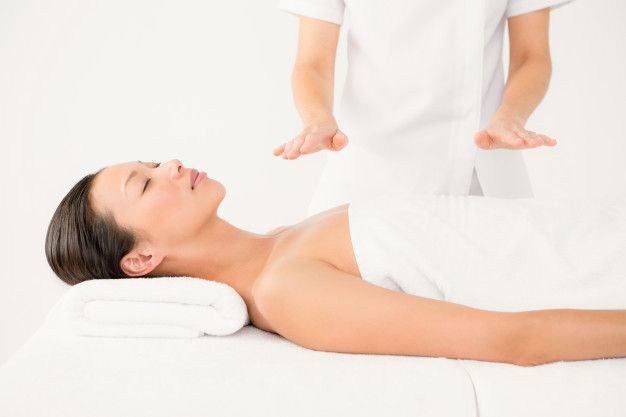The Ultimate Guide to Pregnancy Massage

Pregnancy is a beautiful and transformative journey for women, but it also comes with its fair share of physical and emotional changes. As your body adapts to accommodate new life, it’s essential to prioritize self-care. One exceptional way to nurture yourself during this time is through pregnancy massage.
Pregnancy massage, specifically designed for expectant mothers, offers a myriad of benefits that contribute to a healthier, more comfortable pregnancy experience. From alleviating common pregnancy discomforts to promoting relaxation and overall well-being, here’s your comprehensive guide to understanding and embracing the wonders of prenatal massage.
Understanding Pregnancy Massage
Pregnancy massage, also known as prenatal massage, is a specialized therapy tailored to meet the unique needs and considerations of pregnant women. Certified massage therapists adept in prenatal techniques employ gentle, nurturing strokes to address the physical changes and challenges expectant mothers face.
Benefits of Pregnancy Massage
Relief from Physical Discomforts: Pregnancy often brings about various physical discomforts such as back pain, swollen ankles, and sciatic nerve pain. A pregnancy massage can alleviate these discomforts by targeting specific areas of tension, easing muscle strain, and enhancing circulation.
Stress Reduction and Relaxation: The power of touch and relaxation techniques incorporated in prenatal massage can significantly reduce stress levels and promote better sleep patterns, enhancing the overall emotional well-being of the mother.
Hormonal Regulation: Massage therapy during pregnancy can assist in balancing hormones by stimulating the release of serotonin and dopamine, which help reduce anxiety and improve mood.
Preparation for Labor: Certain massage techniques may help prepare the body for labor by loosening muscles and increasing flexibility, potentially leading to a smoother birthing process.

When to Consider Pregnancy Massage
While pregnancy massage offers numerous benefits, it’s crucial to consult with your healthcare provider before scheduling a session, especially if you have any underlying health concerns or high-risk pregnancies. Typically, it’s safe for most pregnant women to receive massages after the first trimester, but your healthcare provider’s guidance is essential.
Choosing a Qualified Massage Therapist
When seeking a prenatal massage therapist, ensure they are certified and experienced in catering specifically to pregnant clients. A skilled therapist will understand the body’s changes during pregnancy and modify techniques accordingly, ensuring both safety and effectiveness.
Massage Techniques for Pregnancy
During a prenatal massage, the therapist utilizes various techniques tailored to the expectant mother’s needs. These might include Swedish massage for relaxation, gentle stretching, deep tissue massage for muscle tension relief, or specialized cushions and pillows for optimal comfort during the session.
Safety Precautions
While pregnancy massage is generally safe, certain precautions should be observed:
- Avoid massage in areas of the body that might trigger contractions.
- Inform the therapist about any discomfort or pain during the session.
- Choose a comfortable position during the massage, usually side-lying or semi-reclining, to avoid undue pressure on the abdomen.
Conclusion
Pregnancy massage is a nurturing and beneficial therapy that supports an expectant mother’s physical and emotional well-being. Its gentle techniques and targeted approach not only alleviate discomfort but also promote relaxation and prepare the body for the birthing process.
Always consult with your healthcare provider before starting any new wellness regimen during pregnancy. When done under proper guidance and with a qualified therapist, prenatal massage can be an invaluable addition to your prenatal care routine, offering you the comfort and rejuvenation you deserve during this remarkable journey to motherhood.

